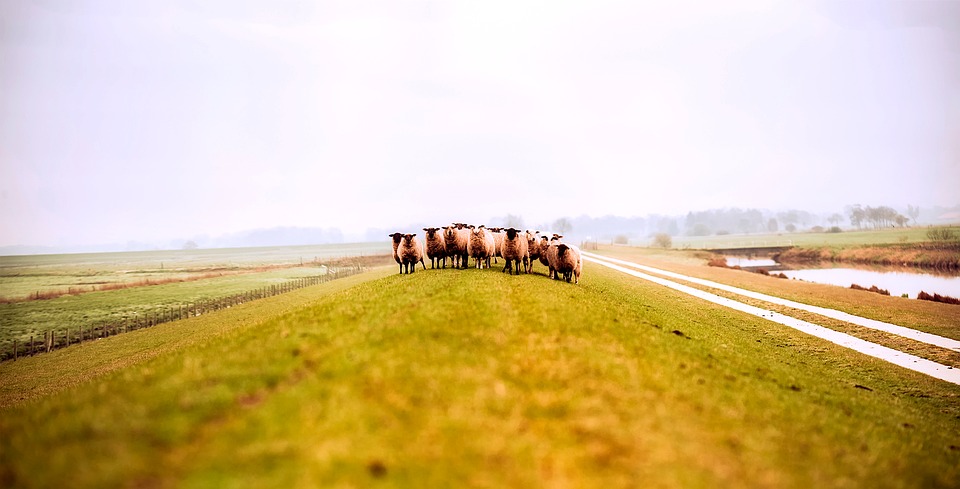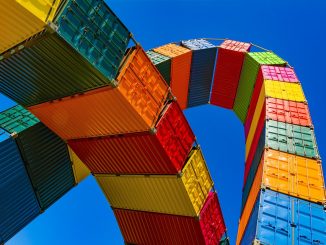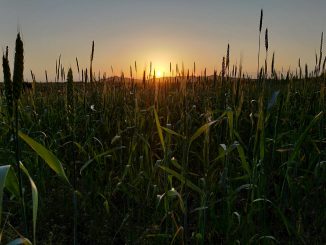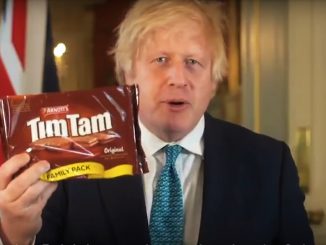
Growth in organics in Germany continues on all fronts, bucking trends in conventional farming and food markets. Where is the growth occurring, and does the market match or exceed the land area?
By Oliver Moore
Growth in organics in Germany continues on all fronts, bucking trends in conventional farming and food markets.
In Germany, the organic land area has now passed 10%, having grown 50% in the last five years. German farmers converted 107,000 hectares (up 6.6 %) to organic farming in 2019. The total is now 1,622,100 hectares farmed organically in Germany.
This is in stark contrast with conventional farming in the EU’s powerhouse economy. In Germany, there were almost 400,000 farms in 2000; this declined rapidly to 300,000 in 2010. The total went further down to 275,000 by 2016, the year of the latest available figures, according to the German Federal Statistics Office.
Consolidation-related decline in farming numbers is likely to have increased since the ending of milk quota. There are more up to date figures for pork, and the situation there is also noteworthy: the number of pig holdings in Germany declined by more than one third (35%) from 33,400 to roughly 21,600 between 2010 and 2019.
Meanwhile, in the same timeframe, the overall number of organic farms has almost doubled to 42,000, according to the Organic Food Industry Association in Germany – BÖLW (Bund Ökologische Lebensmittelwirtschaft).
“There has been a ‘conversion wave’ for two or three years and the market continues to grow” according to Helga Weller, from the Research Institute of Organic Agriculture.
Indeed there is now more certified organic land in Germany than in either Canada or Brazil: Germany is one of four EU countries in the global top ten for agricultural land area, along with Spain, Italy and France. Germany also saw, globally, the 7th highest increase in land farmed organically, according to FiBL statistics from 2018, which are the latest available figures.
Consumption of organic food and beverages has grown to become a market worth almost 12 billion in Germany now. In the food retail trade, organic sales climbed to a total of € 7.13 billion (+ 11.4 %) in a year. In other retail options such as bakeries or at weekly markets, customers bought organic products for € 1.66 billion (up 5 % and 13.9 % share of overall sales).
The highest sales were in organic flour with 26 %, eggs with 23 % and drinking milk with 14.4 %. For growth in sales, organic potatoes, dairy cream products and vegetables achieved the growth in 2019, at over 20% increased. Moreover, producer prices remained stable or only dropped slightly for most organic products, according to BÖLW.
“Despite 19 % more production in 2018 and around 7 % more organic milk in 2019, the organic milk price fluctuated only slightly. It was not until spring 2019 that prices fell by 2 Ct/kg – only to rise again to over 47 Ct/kg in October 2019. In 2016 and 2017 around 48 Ct/kg were paid. On the conventional market, the milk price fluctuated between 23 Ct/kg in summer 2016 and 39 Ct/kg in autumn 2017 – and most recently stood at around 33 Ct/kg. The stable producer prices speak for the continuous good demand – especially for domestic organic products – and for the more frequent long-term contracts concluded between farmers and food processors.”
This growth is being achieved despite a lack of research and development supports, BÖLW claims. “A vital key to a successful and sustainable transformation of agriculture and food production lies in strengthening organic research and development. Government investment in this area continues to account for less than 2 % of agricultural research funding – despite the 20 % organic target.
The federal and state governments are lagging behind in their investment in organic research in terms of land shares and targets. This is where we need a strong increase so the entire organic potential can be reached.”
Carry on with the Currywurst? Factory farming enters coalition debate in Germany
Ecological Focus Area in Germany: What Influences Farmers’ Decisions?





